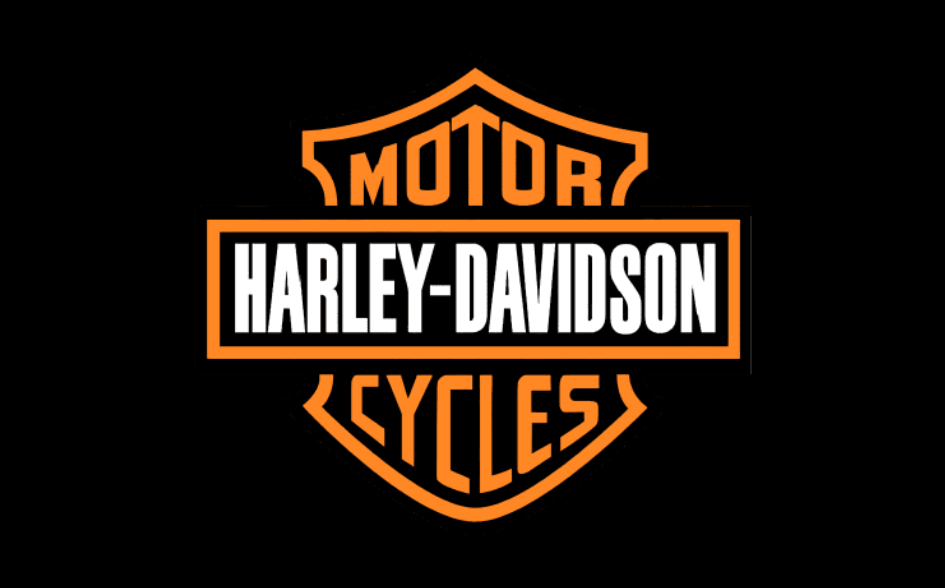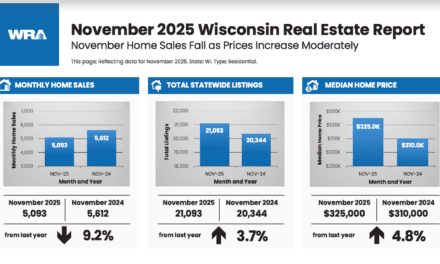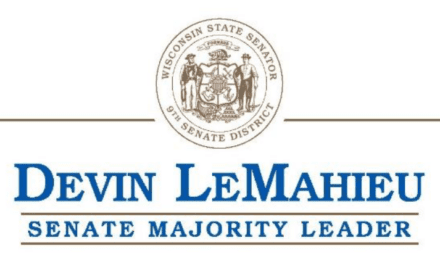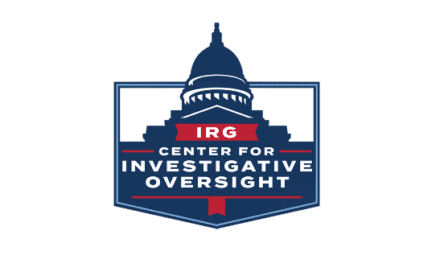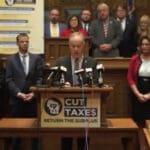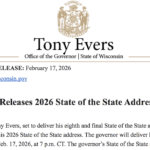MILWAUKEE — Harley-Davidson, the storied Wisconsin motorcycle manufacturer, is locked in a contentious proxy battle with its second-largest shareholder, H Partners Management, LLC, as the company grapples with steep financial declines and a looming leadership transition. With the annual shareholder meeting set for May 14, the fight over the future of the iconic brand has intensified, driven by disagreements over CEO Jochen Zeitz’s tenure and the company’s strategic direction.
H Partners, holding a 9.1% stake in the company, has launched a campaign to oust Zeitz, Presiding Director Thomas Linebarger, and 29-year director Sara Levinson, citing poor performance and cultural missteps. The firm’s informational website, FreeTheEagle.com, outlines its grievances: “Over the last year, it has become increasingly apparent to us that (1) there have been major execution issues at Harley-Davidson, overseen by an absentee CEO; (2) the CEO and Presiding Director have not been fully transparent with the rest of the Board; and (3) certain long-tenured Board members have been unwilling to hold the CEO accountable for severe value destruction and the cultural depletion of this iconic American company.”
The conflict erupted after Harley-Davidson announced on April 8th that Zeitz, who has served as CEO since 2020, plans to retire in 2025. The company initiated a CEO search in the fourth quarter of 2024, hiring a leading executive search firm to find a successor, as we previously reported. This transition comes at a challenging time, with Harley-Davidson reporting a 60% drop in motorcycle revenue for 2024 and a 15% decline in worldwide retail sales in the fourth quarter, including a 13% drop in North America, where 15,100 units were sold.
Harley-Davidson has countered H Partners’ campaign through its own VoteHarleyDavidson.com website, urging shareholders to support its full slate of directors. The company argues that H Partners, which had a board seat for three years, previously backed Zeitz and the Hardwire strategic plan but turned hostile after their preferred CEO candidate failed to secure majority board support. “H Partners had a voice in the boardroom for three years. They supported Jochen Zeitz as CEO, endorsed the Hardwire strategic plan, voted for all directors’ reelection, and participated in the CEO search process,” the company stated. “But when their preferred CEO candidate did not get the bare majority support from the Board, they abdicated their Board seat and started this disruptive, misleading campaign.”
The proxy fight has drawn mixed reactions from proxy advisors. Institutional Shareholder Services (ISS) supports Harley-Davidson’s board, citing governance stability, while Glass Lewis and Egan-Jones back H Partners’ withhold campaign, though they note the lack of alternative proposals. Adding pressure, the NPDA’s H-D Council, representing Harley-Davidson dealers, recently endorsed H Partners, expressing concerns about leadership and cultural disconnect, according to Powersports Business. Harley-Davidson dealer groups, critical to the brand’s retail network, have voiced frustration with the company’s direction, particularly Zeitz’s leadership style and strategic decisions. The NPDA’s H-D Council, representing dealers, stated in a Powersports Business report that they share H Partners’ concerns about “leadership and culture,” citing declining sales and a perceived disconnect with traditional riders as reasons for supporting the withhold campaign.
Financial struggles have fueled the dispute. Harley-Davidson’s 2024 performance included a $365 million sales drop in the fourth quarter compared to 2023, with full-year global sales down 7% and North America down 4%, totaling 102,000 units. The company’s electric spinoff, LiveWire, slashed its sales forecast from 1,000-1,500 units to 600-1,000 after selling just 374 units through three quarters, with its stock plummeting 70% since its 2022 debut. LiveWire also cut 30% of its workforce in 2024, reflecting broader cost-cutting measures.
To address these challenges, Harley-Davidson has reduced employee-related costs by 15%, as Zeitz noted in an earnings call, and consolidated operations by moving workers from the Wauwatosa product development center and LiveWire’s California lab to its Juneau Avenue headquarters in Milwaukee. However, a 17% year-over-year sales decline has led to widespread dealership closures, straining the company’s network. Despite these setbacks, Harley-Davidson is investing in its future, transforming a former employee parking lot into Davidson Park, a $31 million public green space set to open in June 2025, designed by Heatherwick Studio to revitalize its historic site.
Cultural issues have also sparked controversy. Zeitz’s limited presence in Milwaukee, with the bulk of his time spent working remotely or from other locations since 2020, has drawn criticism. Jared Dourdeville, a former H Partners board member, resigned in April, stating, “The CEO’s remote work has contributed to a cultural depletion within the company,” as reported by Reuters. H Partners has seized on this, arguing Zeitz’s absence has alienated the workforce and traditional riders.
As the May 14 meeting approaches, both sides are rallying shareholders. Harley-Davidson emphasizes its achievements, noting on VoteHarleyDavidson.com that it achieved 13% operating margins from 2022 to 2024, four points above the peer median, and projects $457 million in productivity savings by 2026. H Partners, however, points to a 22% stock drop over three years under Zeitz, lagging the S&P 500, and a $1.8 billion market value decline since his appointment.
The outcome of this proxy battle could reshape Harley-Davidson’s leadership and strategy, particularly as it seeks a new CEO to navigate an aging customer base, declining sales, and cultural challenges. With its legacy as an American icon at stake, the vote will determine whether the company stays its course or charts a new path.
For Further Information:
- H Partners FreeTheEagle Campaign Details
- VoteHarleyDavidson Official Response Page
- Powersports Business: Harley-Davidson Clashes with Shareholders
- Reuters: Harley-Davidson Board Member Resigns

